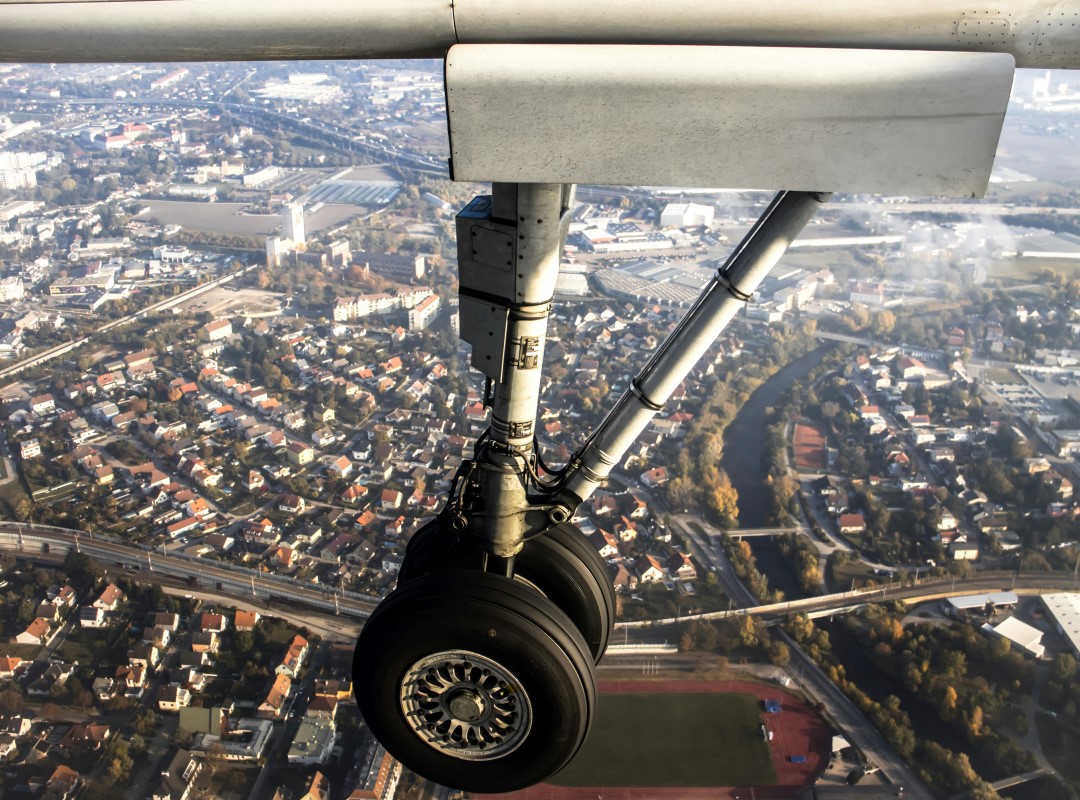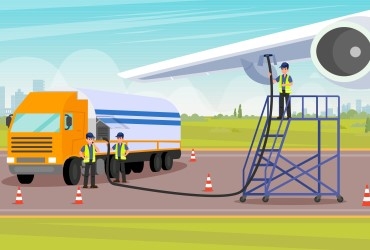IATA: SAF will lead to 24% to 70% CO2 reductions by 2050
In a new comparative review, IATA underscores the pivotal role of Sustainable Aviation Fuels (SAF) in decarbonizing the aviation industry by 2050. According to the review, SAF's contribution to CO2 reductions varies from 24% to 70% according to different scenarios and assumptions.

The International Air Transport Association (IATA), in collaboration with the Air Transportation Systems Laboratory at University College London (UCL), recently published their findings in the review. According to a news report by CurlyTales, the ‘Aviation Net Zero CO2 Transition Pathways Comparative Review’ provides valuable insights into the decarbonization strategies of the aviation industry. According to the study, SAF is projected to contribute substantially to CO2 reductions, ranging from 24% to 70%, depending on various factors such as government policies, production costs, and investment levels.
Need for measures
However, the review acknowledges the uncertainties surrounding the adoption of decarbonizing technologies, particularly battery-powered and hydrogen aircraft, which are contingent upon supportive government actions and renewable energy prices.
Furthermore, the review emphasizes the need for market-based measures and carbon removal strategies to address residual emissions beyond 2050. This recognition underscores the multifaceted approach required to achieve sustainable aviation, encompassing technological innovation, policy interventions, and industry collaboration, CurlyTales reports.


